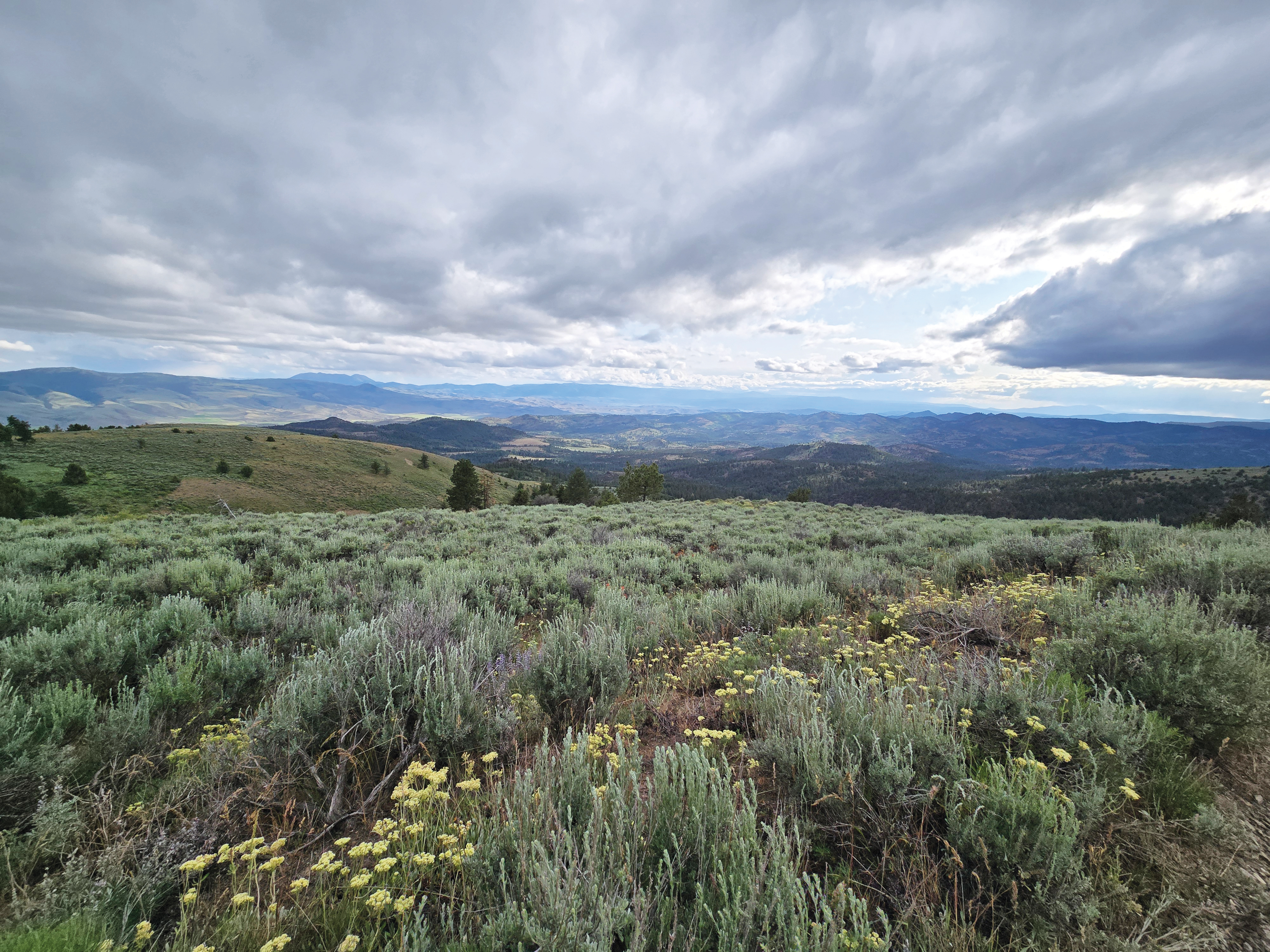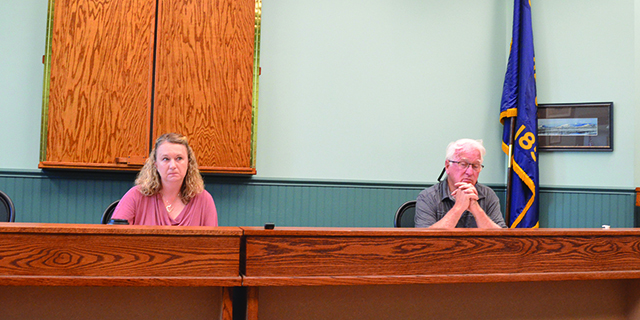Gov. Brown calls special session to tackle COVID-19 issues
Published 11:58 am Tuesday, December 15, 2020
After weeks of negotiations with lawmakers, Gov. Kate Brown announced a one-day special session of the Legislature will be held Monday, Dec. 21, to deal with COVID-19 related issues.
The need for state action has grown in recent weeks as Congress has failed to come up with a bill extending several key programs on unemployment, a eviction moratorium and small business subsidies.
Brown says she will ask for $800 million to help Oregon residents who have battled a pandemic and one of the worst fire seasons in state history.
“Many Oregon families are struggling with unemployment, housing, food insecurity, and paying their bills, ” Brown said in a statement. “We must protect Oregonians now, as we face some of our hardest days.”
For the third time this year, lawmakers will come to the Capitol in Salem amid an epidemic which has only grown more threatening in the intervening months. Brown did not invoke a never-before-used constitutional clause that would have allowed the Legislature to convene from their homes, holding hearings and taking votes in an untested “virtual” session.
The remote Legislature provision was created to enable the Legislature to meet in the event of an earthquake on the Cascadia Subduction Zone, just off the coast, which would kill thousands and make communications and travel impossible. Since lawmakers could be among the casualties or unable to contact Salem, the Legislature would work under somewhat different rules. The normal two-thirds quorum of each chamber would not be needed. Using the catastrophic declaration was opposed by many Republicans because Democrats hold a supermajority in the House and Senate that allows them to pass tax and other revenue bills without support from Republicans. In the past two years, the only tool left to the minority Republicans was to walk out on sessions, thereby denying a quorum and bringing work to a halt.
Oregon and other state legislatures around the nation have watched as the Republican-led U.S. Senate and the Democratic-led U.S. House have been unable to reach consensus on relief legislation that must also be signed by President Donald Trump. Brown said the state still needs a massive infusion of federal dollars to head off financial collapse for many residents and businesses, but with just two weeks left until the end of the year, did not want to take the chance of hitting Jan. 1 with no plans in place.
“It is clear that states must act on their own to provide a bridge until federal help arrives,” Brown said “This is why I am calling on legislators from both sides of the aisle to come together in the best interests of the state.”
The session comes as the coronavirus is spiking in Oregon and the rest of the nation. Over the past week, the state has seen an average of 1,320 cases per day, and will soon pass 100,000 cumulative cases of COVID-19. Deaths have risen 32 percent in the past two weeks, and are now at 1,168 since the pandemic began. The lawmakers will not be given doses of a new vaccine that arrived in small batches Monday. Inoculation requires two separate shots three weeks apart — no immunity could be built up prior to the special session.
The special session will be conducted with the Legislature elected in 2018. It will include several “lame duck” lawmakers who left office or were defeated in November, including Rep. Cheri Helt, R-Bend and Rep. Tiffiny Mitchell, D-Astoria.






